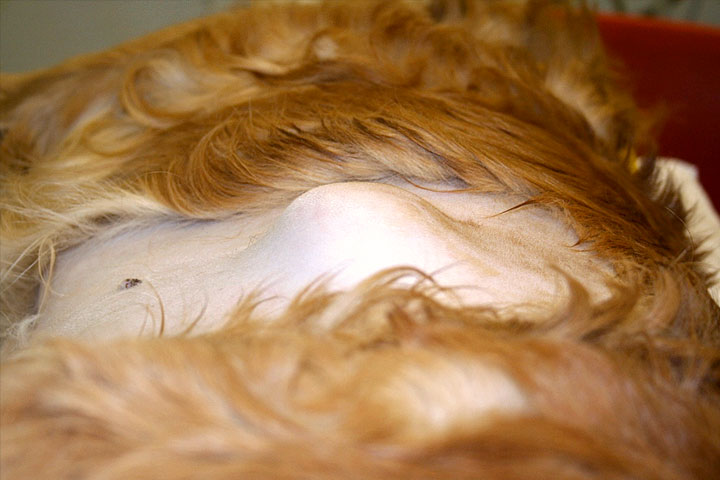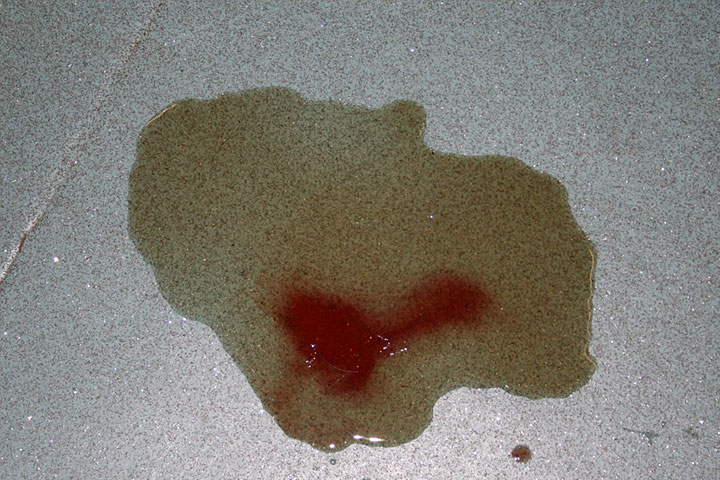
Oncology
Metronomic chemotherapy
an up-and-coming treatment
Metronomic chemotherapy has been used more and more in veterinary oncology in recent years. It is something which we often prescribe at NDSR, with patients coming back to your practice for monitoring tests.
Metronomic chemotherapy is a low dose of chemotherapy given daily as opposed to a larger dose given weekly or every few weeks as seen with most protocols. This treatment is not applicable to all cancers and we select cases which receive it carefully. Often we will use it in advanced disease or in situations where we are concerned about toxicity as a means to slow down cancer progression or to prevent or delay tumour recurrence. There is growing evidence to say it is effective in a wide range of situations and conditions. Most of the evidence is for use in dogs, but we do occasionally use these drugs in cats too.
| Cancer | Effect of Treatment |
|---|---|
| Soft tissue sarcoma | Delayed tumour recurrence in dogs with incompletely resected tumours |
| Haemangiosarcoma | Similar survival times compared to doxorubicin treatment (6 months) |
| Transitional cell carcinoma | Delays the worsening of clinical signs associated with the tumour and improves signs in some dogs |
| Low grade lymphoma Low grade leukaemia | Chlorambucil can be a very effective treatment for these conditions |
| Mast cell tumours | 8 of 21 dogs with inoperable tumours responded for an average of 533 days |
| Others | We do use metronomic chemotherapy for some other reasons – please contact us if you have any questions! |
The treatment is effective for a number of reasons
- New blood vessels are very sensitive to chemotherapy. Therefore the lower doses used in metronomic chemotherapy can target these, but spare less sensitive cells, such as the mature endothelial cells of existing vessels. This reduces the growing tumour’s blood supply, preventing further growth.
- Cancer can use the immune system to allow continued growth and metastasis. Different arms of the immune system can either be activated or suppressed by tumours. Metronomic chemotherapy reduces the number of ‘T regs’, cells which the tumour uses to suppress the immune system. With fewer T cells around, the immune system can more easily recognise and kill neoplastic cells.
- Metronomic chemotherapy can also kill neoplastic cells directly whilst sparing normal cells.
- Due to the lower dose used, there is a reduced risk of toxicity compared to conventionally used chemotherapy doses.
Which drugs do we use?
Cyclophosphamide is the drug we most often use and has the most evidence of efficacy. We also use chlorambucil and occasionally lomustine too. These are used along with an NSAID which also modulates the immune system and can also target cancer cells. The doses that we use are typically around 5%-25% of the normal ‘maximal tolerated doses’.
What are the risks?
- Recently, there have been a number of studies showing that dogs receiving metronomic chemotherapy are unlikely to develop haematological or biochemical problems. It is still essential to monitor these however and we recommend regular testing, more frequently at first and then spacing these out over time.
- Gastrointestinal toxicity is possible, but relatively rare, happening in around 20% of dogs on treatment. Given that the treatment is often given long term, many dogs would have been expected to have signs anyway. We recommend the chemotherapy and NSAID are stopped for a short time if side effects occur.
- The risk we worry about most is sterile haemorrhagic cystitis. This can be a debilitating and painful issue which can develop in dogs receiving cyclophosphamide. For this reason, it is crucial to educate owners to watch out for signs- pollakiuria, stranguria or haematuria and stopping the drug immediately if these are noted. We also instigate home monitoring in some cases, where owners will collect a urine sample (wearing gloves) and check for blood with a dipstick once a week. If there is haematuria, the drug will be stopped. The risk of developing cystitis is reduced if frusemide is given with the cyclophosphamide. The risk is reported at 3-10% if the drug is used with frusemide. If you have a case where you are concerned a dog may have this condition- please contact us for advice. are concerned a dog may have this condition- please contact us for advice.
Remember that chemotherapy is potentially dangerous, even at low doses, We will always provide owners advice about handling the chemotherapy drugs and how to manage their pet whilst receiving chemotherapy. Tablets should never be crushed or split and gloves should be worn when handling them.


Case Advice or Arranging a Referral
If you are a veterinary professional and would like to discuss a case with one of our team, or require pre-referral advice about a patient, please call 01883 741449. Alternatively, to refer a case, please use the online referral form